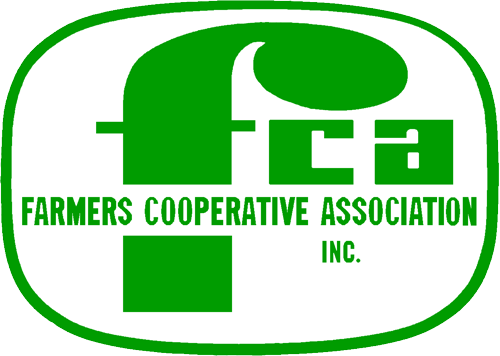Surviving the winter with equines
Going into winter… Focus on Water, Forage and Deworming
This time of year is when the first hard frost or “killing frost,” occurs. This not only frizzles the grass, but it can do away with many equine parasites in the environment, including the botflies whose larvae cluster in your horse’s digestive system. Get rid of those tapeworms while you are at it! This is the ideal time to deworm your horse because, once cleaned out, they are likely to remain more or less parasite-free until spring.
As days grow shorter and temperatures drop the nutritional value of your pasture will plummet. Late fall conditions can trigger a resurgence in fructans, so if you have an insulin-resistant horse, don’t put away that grazing muzzle just yet! Some horses have trouble adjusting, digestively speaking, to the change from pasture to hay, and they might be at higher risk of impaction colic. Keep your eyes peeled for signs of discomfort at this time of year. When temperatures get frosty, serving a warm meal can please both horse and human. While a fragrant bran mash is a great treat, use caution because by adding this to their diet only occasionally, you could actually cause digestive upset. Instead, just add warm water to your horse’s regular ration. You can also safely add in some beet pulp if you would like. Just be careful to not give them more than 5lbs of a concentrate at one time.
Ensure each horse is getting his fair share of hay for nutrition and warmth. If you have just one hay feeder, sacrifice a few flakes around the field to allow those lower in the pecking order to avoid fights to eat. Make sure your horse has access to water that is not frozen. Actually, slightly heated is preferred. When heated, you will find that they will end up drinking more water in the winter than during summer. Double check that the trough heater isn’t shocking them.
Hopefully with some of these helpful tips you and your equines will have an easier time surviving this winter!
– Arlene Atkins, Equine Nutritionist







